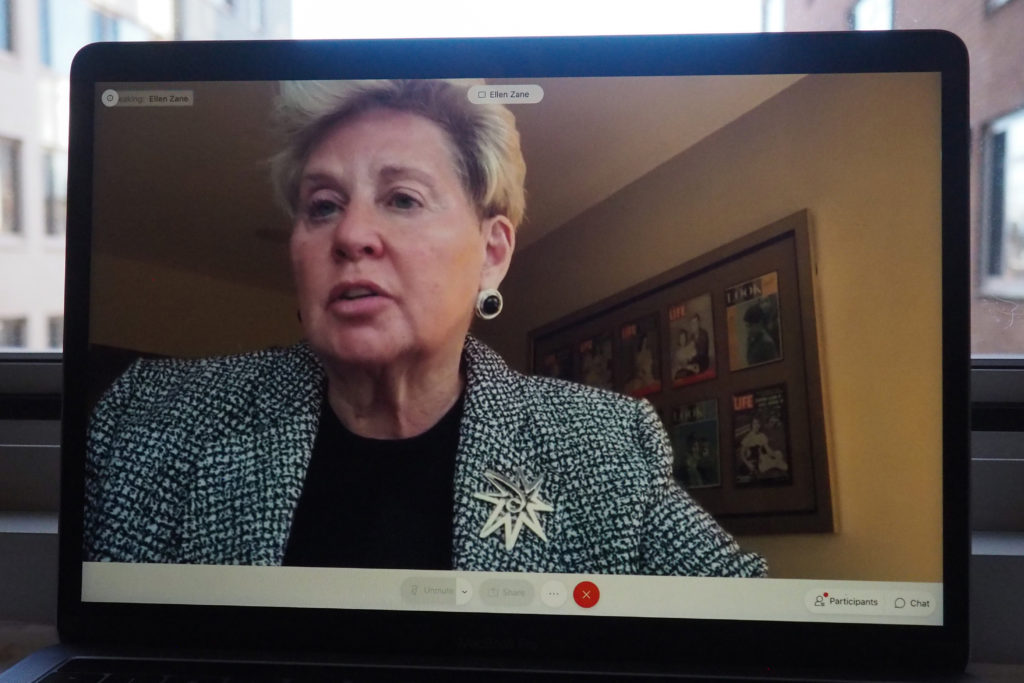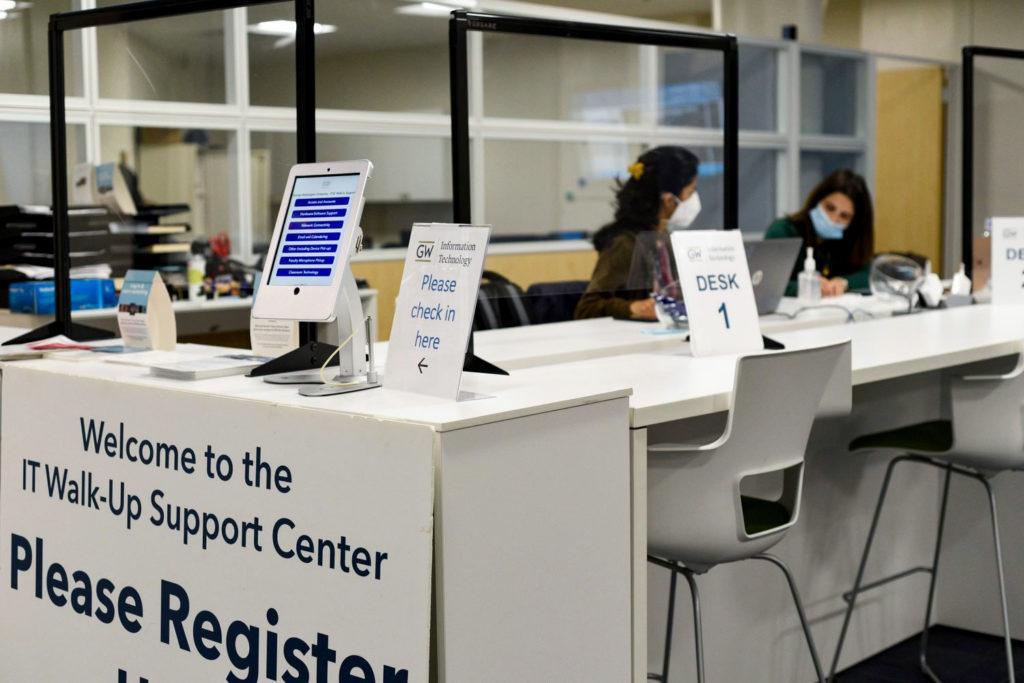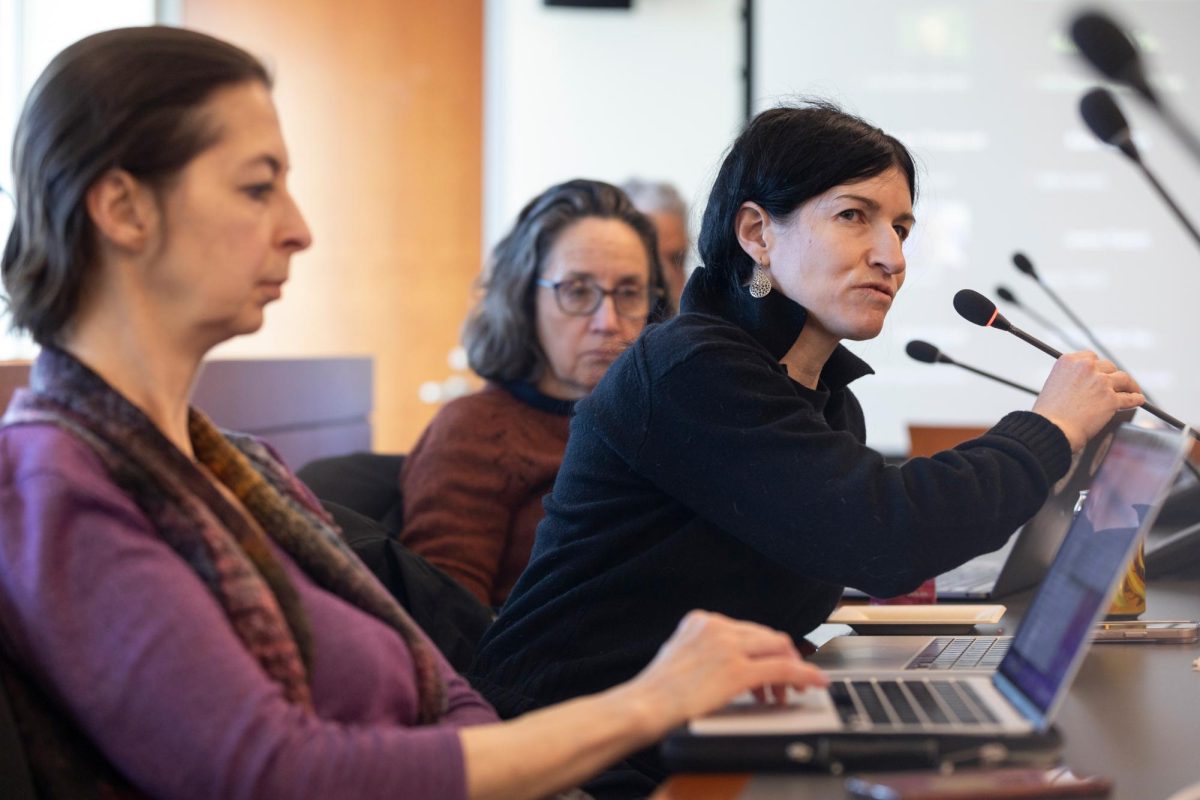Updated: Feb. 10, 2020 at 11:29 p.m.
Trustees said they will decide on next year’s cost of attendance in the coming weeks, a delay from the typical approval at the Board of Trustees’ February meeting, as a result of financial uncertainty brought on by the COVID-19 pandemic.
The Board approved a recommendation Friday to increase the cost of attendance by no more than 3 percent for undergraduates next year but did not vote on an exact pricing model. The Board also approved the graduate program pricing model for next academic year, with an average cost increase of 2.8 percent.
“This is a very complex discussion, given that we all know along with every other industry in the world, higher education, too, is changing,” Ellen Zane, the chair of the committee on finance and investments, said at the Board meeting. “Understanding how we marry pricing with strategy as we evolve is a significant challenge that we are going to be looking at very hard.”
The graduate program pricing model will increase most programs between 1 percent and 3.7 percent, Zane said.
Trustees increased undergraduate tuition by 3 percent last year but later approved a 10 percent tuition discount during remote instruction. Administrators also eliminated GW’s fixed tuition policy beginning with the Class of 2024.
The Board has historically approved the following year’s cost of attendance at their regular February meeting but moved up the vote to October in 2018. Trustees have not maintained the accelerated timeline during the past two years.
The Board said in a statement following the meeting that University President Thomas LeBlanc and other officials have done “great work” managing the challenges of the pandemic.
“On the completion of the February Board meetings, including a comprehensive update on the status of the University, the Board of Trustees commends President LeBlanc and his leadership team for the great work they continue to do managing effects of the pandemic to secure the University’s future,” the Board said in the statement. “The University leadership has the deepest appreciation and gratitude of the Board.”
LeBlanc has faced criticism from many in the University community over financial decisions related to the pandemic, including layoffs and a temporary suspension of retirement contributions. The results of a faculty-wide survey assessing LeBlanc’s leadership abilities are expected to be made public later this month.
Student Association President Brandon Hill, who was sworn in late last month following the resignation of former SA President Howard Brookins, told trustees at the meeting that he plans to build integrity, transparency and justice during his time as president.
“I intend to break with my predecessor and build new and improved relationships with you all on the Board of Trustees,” Hill said. “If my years of student advocacy as a senator and executive vice president have shown me anything, it is that we do better with students and administrators working together instead of lambasting each other on social media and in The Hatchet.”
Board Chair Grace Speights openly sparred with Brookins at the October Board meeting over his calls for the University community to suspend donations to GW until LeBlanc resigns. Speights said she had a “great conversation” with Hill Thursday to discuss his goals for the remainder of the term.
“There have been some difficult challenges, obviously, at the Student Association,” Speights said in an interview. “But I believe that Brandon moving forward will overcome those challenges and move forward to be a partner with the University.”
Speights said she appreciated Hill’s eagerness for the SA to be a “partner” with the University.
“There may be things that we disagree on, and we can disagree – that’s fine,” she said. “But in doing so, we can be professional and civil to each other.”
She added that she and Hill discussed the SA’s mid-year report, which Speights later shared with trustees.
“I was amazed by all of the work that had been done by the Student Association,” Speights said. “Oftentimes when there are challenges or controversy, good work can be overshadowed by that.”
Hill said the Board is “always welcome” to work and partner with the SA.
“Spearheaded by the ideals of curiosity, compassion and creativity, I am confident that our aspirations will become reality,” he said.
Richard Jones, the GW Alumni Association president, said the group hopes to raise $14 million through annual giving programs this year, an increase of $1 million from the annual average over the past three years. Officials are focusing their efforts on soliciting donations online while decreasing phone outreach to optimize donation levels, he said.
“We actually raised more money this fall than we did in the fall of 2019, and our typical best giving time of the year is in the spring, so we’re very optimistic about reaching a $14 million goal,” he said.
Jones added that GW retained 47 percent of alumni donors in 2020 – a slight increase from 45 percent the year prior. The University has struggled to attract alumni donors in recent years compared to its peer schools.
He said officials are also preparing for GW’s first-ever giving day on April 7 to increase donations in conjunction with the bicentennial celebration.
“It is a University-wide giving day, including alumni dollar badges to incentivize contributions,” Jones said.
The Board also approved a rewritten Code of Ethical Conduct for the University to replace the existing Statement of Ethical Principles, which Speights said was implemented as part of a routine review.
Editor’s Note:
This post has been updated to include comments from Speights.








